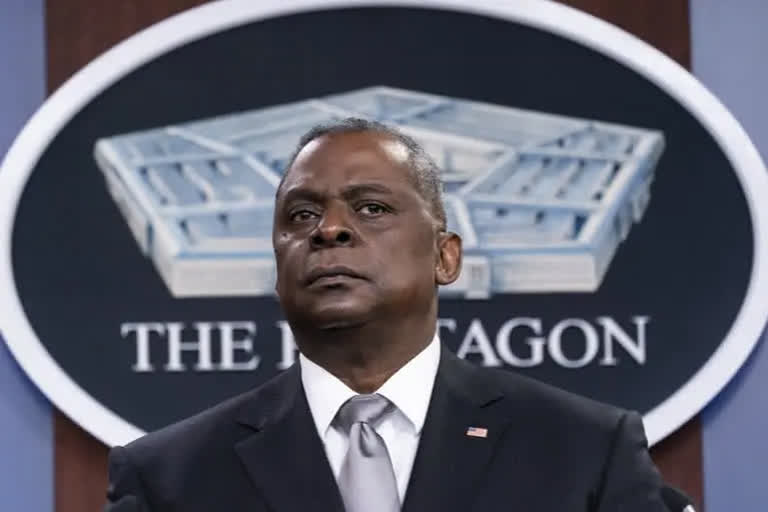New Delhi: Despite India not taking a categorical stand against the Russian military action in Ukraine at the UN by abstaining from voting on three recent occasions, riding on the operationalization of four key foundational pacts, India and the US are going full steam ahead on integrating their military systems with focus on space and cyberspace.
Still to give the go-ahead to a possible waiver of US sanctions to India because of the latter’s purchase of Russia’s powerful S-400 air defence missile system, the US position is significant amid an almost global condemnation of Russia’s action.
On Wednesday, appearing before the US House Armed Services Committee, Ely Ratner, assistant secretary of defense for Indo-Pacific security affairs, said: “We are seeing historic progress with our major defense partnership with India as we continue to integrate and operationalize our day-to-day defense cooperation and logistics, enhance information sharing, and grow our bilateral cooperation in emerging domains, such as space and cyberspace.”
“From the US perspective, India is an absolutely essential partner when we think about our strategy in the Indo-Pacific… We recognize that India has a complicated history and relationship with Russia, majority of their weapons they buy from the Russians. The good news is that they are in a multiyear process of diversifying their arms purchases away from Russia, that’s going to take some time but they are clearly committed to doing that including the indigenization of their own defense industry and that is something we should support,” Ratner added.
Also read: 'Incredible momentum' in India-US defence relationship: Pentagon
Admiral John Aquilino, commander of the US INDOPACOM (Indo-Pacific Command), also replied to questions by the Congressmen: “India, in particular, the largest democracy in the world, for a country that had a history in the past of being closer to Russia in many ways… but now moving in our direction. If we can strengthen that relationship and enhance it that makes the world a more better and peaceful place.”
Terming India as an ‘absolutely essential partner’ from the US perspective when it came to the US’ strategy in the Indo-Pacific, Adm Aquilino batted for “integrated and resilient, sustainable (intelligence, surveillance, and reconnaissance) capabilities—a network that links all of that together and displays it for all forces on the battlefield in a consistent way; and then ultimately the ability to close those kill chains with the correct weapons and fires.”
The integration of military services, assets and technologies has been enabled by key foundational agreements with the US that tie it militarily very close to the US. These pacts are the Logistics Exchange Memorandum of Agreement (LEMOA), signed in 2016, the Communications Compatibility and Security Agreement (COMCASA) of 2018 and the BECA (Basic Exchange and Cooperation Agreement) of 2020.
LEMOA allows mutual use of military facilities while COMCASA allows the US to station communication equipment in India besides secure transmission and real-time exchange of military data and information. BECA will give India access to the much advanced and accurate US geo-spatial data including digital imagery and maps—imperative to operate UAVs.



